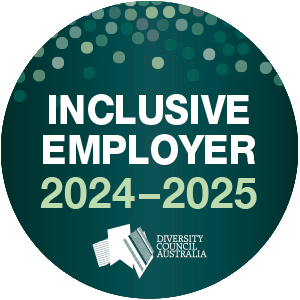24 January 2024
This period around January 26 is a really difficult time for many people in this country. No to Violence would like to acknowledge the trauma many in the community are experiencing right now as some people celebrate, some reflect, some mourn and some protest.
As the peak body for services working with men to end their use of family violence, we acknowledge and accept the historical wrongs, theft and discrimination against First Nations People across our lands. Today we reiterate our commitment to working with and supporting our First Nations partners – including our NTV members – to elevate their voices to build better services and systems to support communities impacted by family violence.

We support the implementation of the Commonwealth’s Aboriginal and Torres Strait Islander Action Plan 2023 – 2025. This is the first dedicated national Action Plan created to provide targeted action to address the disproportionate rates of violence experienced by Aboriginal and Torres Strait Islander women and children.
The Action Plan recognises that the national crisis of family violence in First Nations communities stems from and is perpetuated by persistent structural marginalisation, discrimination, inequalities, and inherited trauma. Colonisation is recognised in the Action Plan as one of the ongoing structural forces contributing to inequality, intersectional discrimination, oppression and marginalisation of Aboriginal and Torres Strait Islander communities.
The Action Plan acknowledges that the violence of colonialism has resulted in intergenerational trauma and ‘sustained harmful repercussions in the present’.
‘The overwhelming evidence shows that gendered and family violence Indigenous settings are a consequence of colonialism and subsequent government regimes of assimilation, forced separation of children from their families and institutionalisation.’
We acknowledge that Aboriginal and Torres Strait Islander men, women and children have too often been excluded from the policies, programs and structures that impact their lives, and that this has been the case ever since colonisation. This has led to multiple negative outcomes including entrenching barriers that make it difficult or impossible for women and children to leave family violence and for men to find support to address their use of family violence.
Today, No to Violence acknowledges the violent beginnings of what is now known as Australia, and the repercussions this has had and is still having in our First Nations communities – including the disproportionate rates of violence experienced by Aboriginal and Torres Strait Islander women and children.
This week, on the anniversary of the beginning of violent colonisation, we restate our commitment to ending the violence used by men from all backgrounds in their homes, in their families and in their relationships.
As a nation, we can and must do better.








